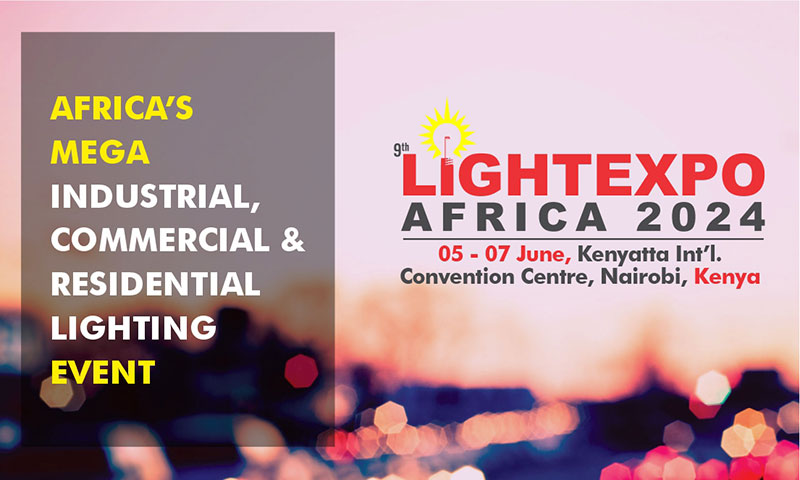

Solar Lighting Could Create 2 Million Jobs in Developing Countries
Posted on :Monday , 29th August 2016
A shift to solar LED systems and away from fuel-based lighting in the developing world may spur economic development as well as environmental improvements, creating an estimated 2 million solar-based jobs in some of the world’s poorest regions.
A survey of major solar LED lighting companies, conducted by Evan Mills at Lawrence Berkeley National Laboratory (Berkeley Lab), found that 38 solar-related jobs are created for each 10,000 people living off-grid and for whom stand-alone solar LED lights are suitable.
Solar LED lanterns and flashlights are gaining in popularity in the developing world, thanks to being "a rugged, affordable, reliable, compact and very manufacturable technology and one that is effectively wireless," said Mills.
Mills calculated that the number of new jobs already created from the increased use of solar-LED lighting in developing regions has matched the current employment associated with fuel-based lighting in those regions (approximately 150,000 jobs). Current statistics point to the potential creation of 2 million new jobs to fully serve the 112 million households globally that currently lack electricity access, are unlikely to become connected to a grid, and are unable to afford even a mini solar home system. Mills’ study may be the first global analysis focusing on how the transition to solar LED lighting may impact employment and job creation in the developing world.
"People like to talk about making jobs with solar energy, but it's rare that the flip side of the question is asked — how many people will lose jobs who are selling the fuels that solar will replace?" said Mills. "We set out to quantify the net job creation. The good news is, we found that we will see many more jobs created than we lose."
The research further found that the jobs created by the emerging solar LED industry would be healthier, more stable and of overall higher quality than the current jobs for fuel-based lighting available in developing regions of the world.
While there will be some overlap in terms of skill sets required for the new jobs, retraining and education will be necessary. "The challenge of re-employing some of these people is not trivial," Mills said.
A transition to solar LED lighting technologies could have immense benefits for the health and education of these populations. Solar lanterns provide more and better light than fuel-based lighting sources, allowing children to study in the evening and businesses to stay open after dark.
"As long as people are using kerosene lanterns, candles, and other fuels for light, it's actually reinforcing poverty because they're spending so much on energy and getting so little in return," said Mills.
The potential environmental benefits are also enormous. A study Mills published in Science in 2005 estimated global off-grid lighting energy expenditure at $38 billion per year. That corresponds to CO2 emissions of 190 million metric tons per year, or the equivalent of those from about 30 million typical American cars.
"All of this energy and pollution can potentially be saved with a conversion to solar LED systems," he said.
Please Select an Option

Expogroup
Expogroup is a full service exhibition organiser with over 29 Years experience in International trade exhibitions. Our current portfolio includes 28 annual exhibitions from a diverse range of industries being held across the Middle East & Africa.
EXPOGROUP © 1996 - 2026 | Privacy policy
